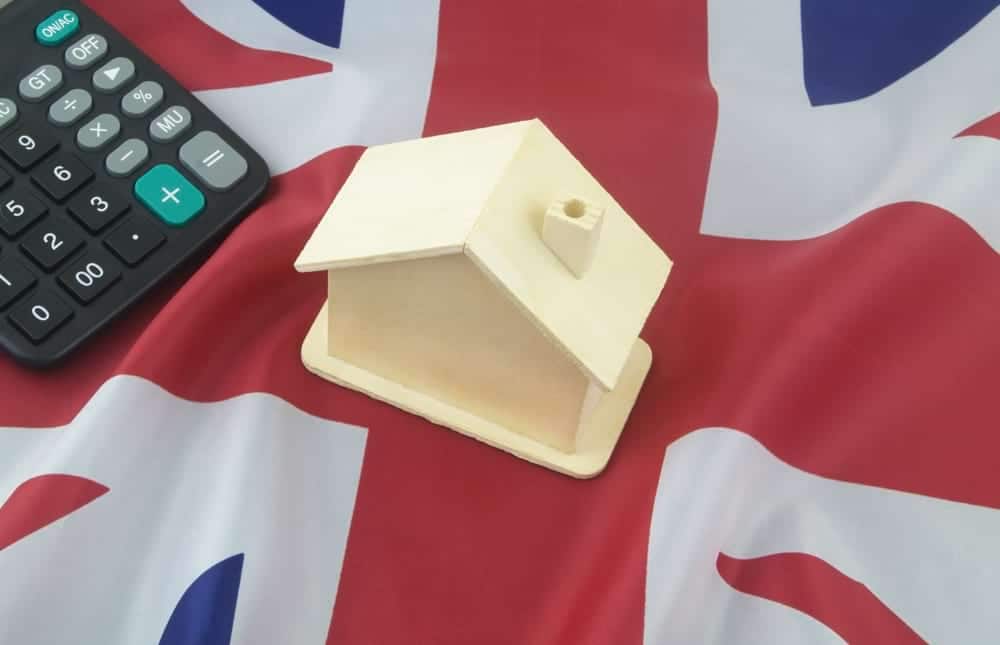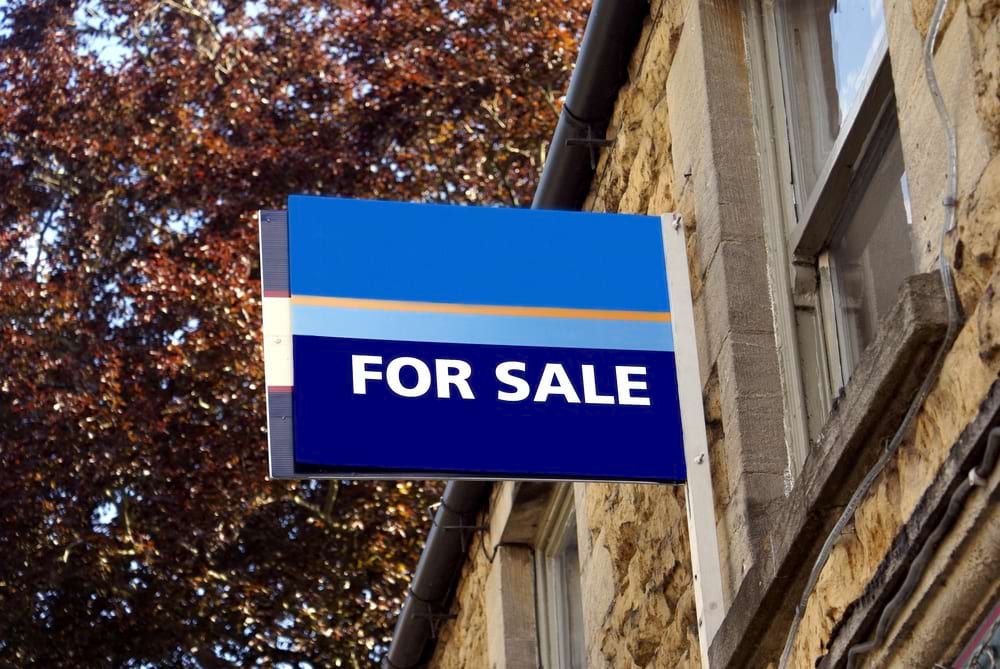Estate agents must abide by the Code of Practice for Residential Estate Agents.
This means they should not lie about offers to any party involved.
However, they will often still push the boundaries of what’s allowed…
Let’s look at what to look for when dealing with estate agents.
Settling on an asking price
When you first contact an estate agent, they will visit your home and assess how much they would put it on the market for.
Although this is often described as a valuation, it’s a free service that estate agents provide.
This type of valuation differs from the valuation a mortgage provider undertakes.
An estate agent must honestly appraise your home and provide evidence of how they’ve reached a specific value.
For example, they compare it to other properties on the local market.
It’s worth asking several agents to visit so you can choose from a range of quotes. Researching the market can also help you make a better decision.
Once you have settled on an estate agent, you’ll agree on the value of your home. When the agent puts it on the market, this will be the asking price.
However, before you reach this point, you must decide which agent to work with.
And before you do this, you need to bear in mind several things:
1. Don’t simply settle for the highest price
Working with the agent who recommends the highest price isn’t necessarily the best option.
They might just be trying to win your business, but your home will be on the market longer if the price isn’t realistic.
2. Check costs
You should check the fees of estate agents, and don’t be afraid to haggle with them.
3. Avoid estate agents that apply pressure
They are not allowed to pressure you into using other services they provide, such as conveyancing. If they did, would you be comfortable working with them?
4. Maintain a healthy level of skepticism
Take claims about buyers they have ready and waiting with a pinch of salt. If buyers are that keen on homes in the area, they will come across yours however you choose to sell it.
Receiving offers as a seller
When considering an offer, the asking price is the starting point from which homebuyers will work.
An estate agent must legally tell you every offer in writing unless you have asked them not to.
For example, you might not want to hear about offers under a certain amount.
Agents are not allowed to give preferential treatment to offers made by buyers who have committed to using their services (such as in-house mortgages and conveyancing).
They must not pressure you to sell for a lower price because they believe the sale will move faster. Perhaps the lower offer has come from someone who is not in a chain and is less likely to face delays.
It’s worth remembering that once agents have your home on their books, they are usually keener to sell quickly than at a higher price.
If their fee is 1.50%, selling a home for £10,000 more will only bring them an extra £150, which is small compared to their overall fee.
Making an offer as a buyer
You can make any offer you like. Sometimes, the details of a home will come with price guidance such as:
- OIRO – offers in the region of
- OIEO – offers more than
- POA – price on application
But there is no obligation for you to follow them.
Agents are not allowed to make up offers to try and push the price up. However, they may use various tactics to make you feel that you must meet or exceed the asking price.
These can include:
- Telling you that other offers have been made near it
- Commenting on the fast pace of the market
- Asking for sealed bids (which involve everybody interested in simultaneously writing down their best offer. The seller will then choose which one to accept.)
Try not to be swayed away from your budget by these tactics.
Once you have made an offer, the agent should update you on your progress and other offers.
You can ask exactly how much others have offered, but agents usually tell you they’re not allowed to say.
In reality, they can tell you this but would need to get permission from the seller and tell everybody who has made an offer the same information.
If it is a condition of you making a higher offer, say so, and refer back to the code of practice if you need to.
As we’ve mentioned, some sellers want to move quickly, so make sure you let the agent know if you are in a position to do this. For example, you are a cash buyer or a first-time buyer
After accepting
Once a seller accepts an offer, the buyer often asks for the home to be removed. This is standard practice.
However, this sometimes causes gazumping, which stops a seller from accepting a higher offer if one comes in.
Although this can result in a buyer losing hundreds of pounds on valuations and legal fees, gazumping is not illegal. That’s because nothing is legally binding until you have exchanged contracts.
The rules are slightly different in Scotland, where a solicitor cannot continue representing someone if they accept another offer having already agreed to one, which makes gazumping a lot rarer.
Working with us
Juggling all the requirements of selling a home, weighing up offers and dealing with estate agents can be stressful, especially if you’re having financial difficulty.
We are cash home buyers that take all of those hassles away.
Once we make a firm offer for your home, we’ll stick to it. Although it might not be the highest price on the open market, we buy any house and can complete the process in seven days, which means your mortgage payments will stop.
We’ll also cover solicitors fees, and you won’t have to deal with estate agents. Contact us if you’d like to sell your house without an estate agent.



















